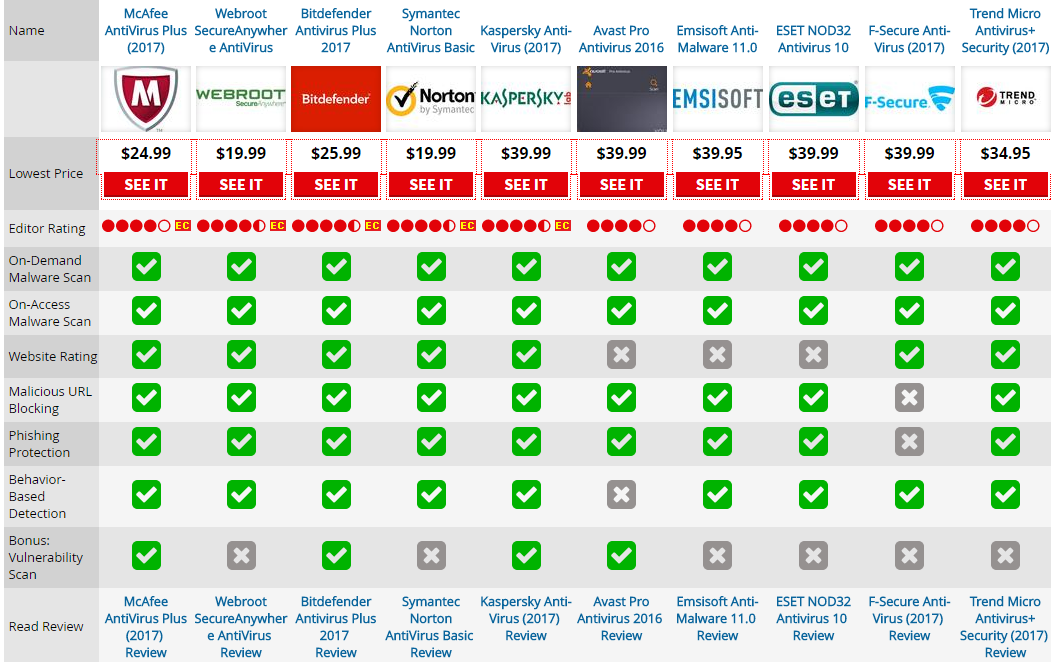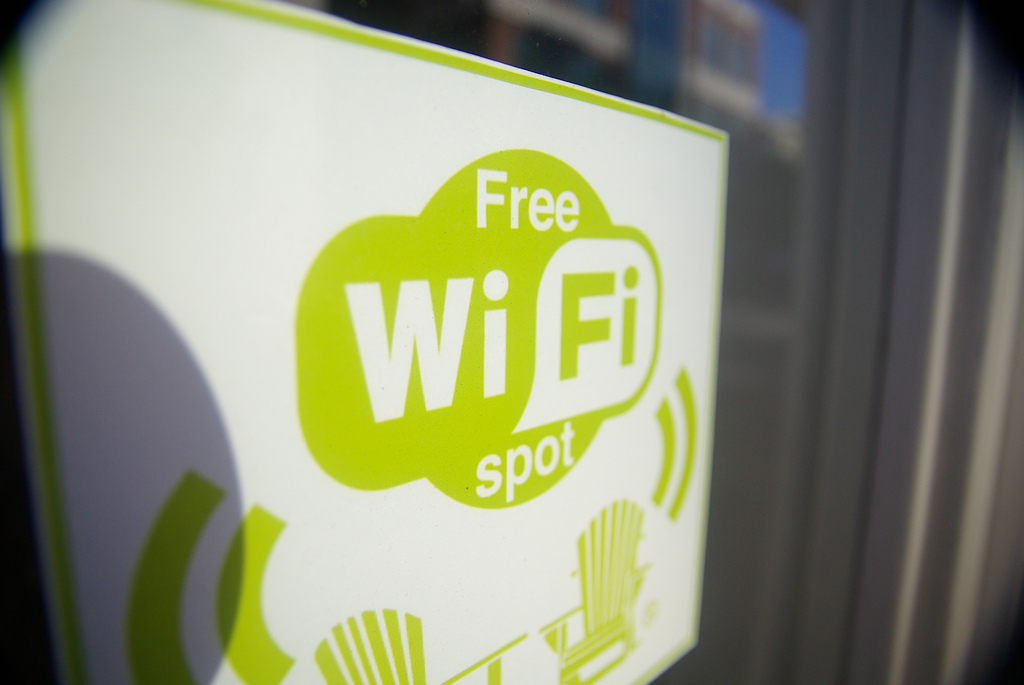4 of the best ways to protect yourself online
Staying safe from different harmful software features online can be pretty demanding if you behave in a risky way. For instance, downloading content from torrents, visiting adult content websites, and clicking on ads in obscure online places are all characteristics of unsafe behavior. Nevertheless, even if you do none of those things, your online safety can be endangered, especially when it comes to business entities. The following guidelines will improve the protection of both business and regular users of the Web, so stay with us for the next few paragraphs.
Beware of hazardous shopping
The unprecedented development of e-commerce has caused the rise of some dangerous websites, as well. This is why it’s essential to know what a reliable website looks like. For starters, take a look at the address bar, at the top of the page, to check if there’s a green padlock in the left corner of the address bar. In addition, trusted e-commerce websites also have the “https” part at the beginning of their URL.
Apart from those easily noticeable visuals, it’s also important to use proper bank cards for shopping, even on reliable websites. For instance, avoid using debit cards on the net, but shop with credit cards, since they have a higher level of protection. Even better, think about using a masked credit card – read more about it in a post on Forbes.com.
Proper security software

Needless to say, every computer used for business or leisure on the internet has to be equipped with several layers of protection. First and foremost, your computer needs a combination of anti-virus, anti-spyware and anti-malware programs. For instance, you can go for some well-known protective software solutions, such as AVG, Avast, BitDefender or NOD32. However, bear in mind that each of those tools comes in several different packages.
If you opt for their free versions, you really need to know what you’re doing online. Otherwise, if you roam around the Web, clicking on every pop-up ad, protected with a free antivirus edition, your computer will soon be infected with loads of malicious software.
On the other hand, if you constantly educate yourself how to actually use the Internet in a safe way, it will be more useful for your protection than dozens of expensive defense packages.
Different passwords for different places
Although this strategy is the easiest way not to forget your password (not forgetting is a safety feature, too), no one should use a combination of their name and the date of birth for Internet passwords anymore. Even if it’s “only” Facebook, you should still pay great attention to your special combo of characters. All of your passwords should contain 10 or more characters–and not just letters and numbers–all kinds of characters need to be included in it: dots, symbols, letters, numbers etc. And of course, do not use the same password in different places.
For example, your Facebook account and your business cloud account should under no circumstances have the same password. Similar to that, if you use remote login software on your devices, it’s imperative to have passwords that are stronger than the ones used for your entertainment online features. Such a variety of well-built passwords is a guarantee that your personal data won’t fall into the wrong hands. You can learn more about creating strong passwords here.
Stay away from open networks
Sometimes we have to access the Internet via open networks. As a matter of fact, people often prefer public networks to protected ones, since that way they dodge the hassle of typing the passwords. The increased use of mobile devices has contributed to that trend.

However, this is extremely dangerous, since that way you expose your data to everyone who has access to that network. You can never tell why a network is open for everyone to use it and whether or not hackers can access your bank account in only a few seconds. So, if you really have to use such networks, don’t go to your bank accounts through such connections and don’t perform any shopping actions. In addition, get familiar with other risks of using free Wi-Fi networks from the security tips shared by USA Today.
Your safety on the Web will primarily depend on your habits, just like in real life. If you don’t visit unknown online places and don’t give away your personal information to strangers, you’ll be less exposed to the hazards of the internet. Also, if you apply the pieces of advice given in this piece, you will highly reduce the risk of being hacked and enjoy a safe surf on the global network.
